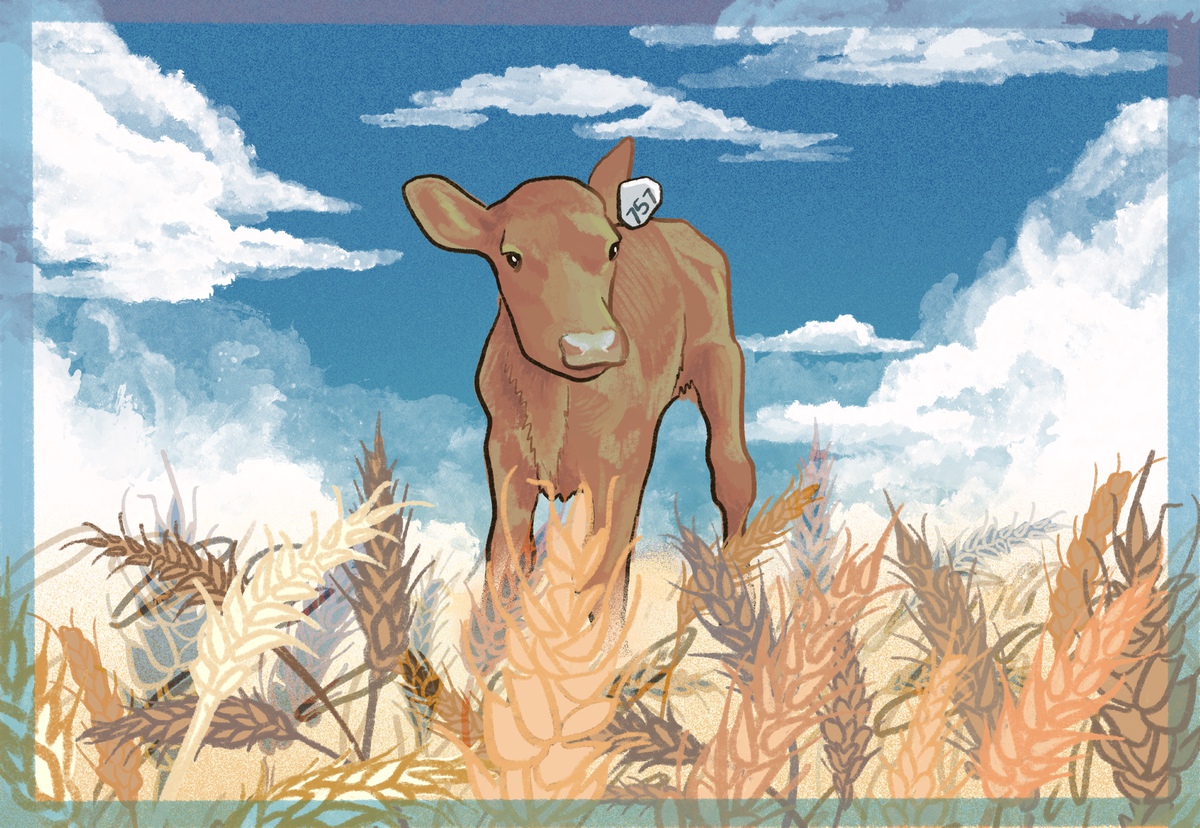While Texas is known for its rich agricultural landscape, the University of Texas definitely isn’t. Even though 86% of Texan land is dedicated to agriculture, UT’s fall 2023 course schedule lists only one agriculture class, leaving an obvious gap in a well-rounded longhorn education.
It’s true that students aren’t choosing UT for an agricultural degree. After all, other Texas universities like Texas A&M and Texas Tech offer their own dedicated agriculture colleges. However, agriculture affects everyone, so it shouldn’t be limited to those pursuing a career in this field.
Michele Hockett Cooper, an assistant professor of instruction in the department of nutritional sciences, recognizes horticulture, the science and art of plant-based food production, as a component of holistic education.
“Understanding where your food comes from, and how to either grow it yourself or support local producers … that’s a basic human right,” Hockett Cooper said.
Agricultural literacy helps students lead healthier lives by teaching them critical knowledge about the energy they consume and use.
Agricultural education is the key to understanding what it takes to feed the planet and sustain its future. Learning about agricultural literacy allows people to build sustainable solutions to societal struggles like climate change, unsustainable waste and global hunger.
“If we knew of and had access to alternatives, I think we could really create change in this broken food system, but not enough people know enough about the food system to demand that change,” said Hockett Cooper.
To solve these issues students need to understand our relationship with the environment, the cultural and global significance of food production and the economic impact of resource distribution. UT courses that cover agricultural processes are extremely relevant to our city, as Austin has 33 food deserts, leaving low-income communities and some students without access to healthy food.
“If (UT) educates tens of thousands of students (and they are) missing this crucial component of skills and knowledge that they need to function in society after they graduate, that is a disservice, ” Hockett Cooper said.
While agriculturally-conscious farmers markets and community gardens are working to close this gap, opening coursework to undergraduates would provide the necessary foundation to seek out, engage with and expand these resources.
Anthropology and Classics sophomore Hannah Arulanandam volunteered with UT Farmstand this school year, and the experience brought UT’s lack of agricultural coursework to her attention.
“Agriculture production is something I think is really fascinating,” Arulanandam said. “It’s not something we talk about at UT, because they only have one sustainability major.”
By exploring agriculture, students connect with a part of everyday life they might otherwise tune out, making them more mindful of their daily practices and helping them decrease food waste.
“When you know what’s going into your food, what’s coming out of your food, it’s being one with nature … it’s being sustainable,” Arulanandam said.
Hockett Cooper also explained that UT’s lack of agricultural curriculum can be traced back to the Morrill Land-Grant Acts of 1862, which allocated federal funds so states could establish universities with an emphasis on agricultural knowledge. In Texas, our land-grant university is Texas A&M. Nearly 200 years after the land-grant acts were passed, we can’t leave the future of our food systems up to the Aggies alone.
The College of Natural Sciences declined to comment on the feasibility of offering agriculture courses at UT. The Office of the Provost did not comment.
Ultimately, coupling agricultural education with UT’s existing strengths in areas like engineering and business brings us one step closer to cultivating a healthier planet.
By instilling this knowledge in UT students, we can create a generation that changes the world of food production. It’s all about the basics, and at the end of the day, we reap what we sow.
Jackson is a Plan II Honors and journalism sophomore from Boerne, Texas.














